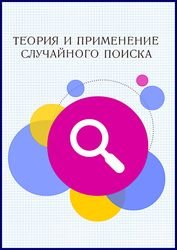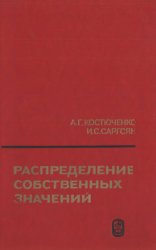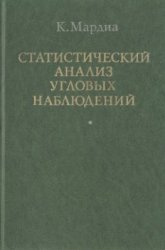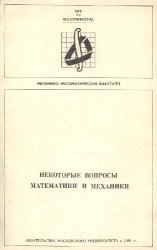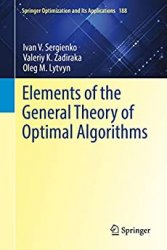- Добавил: umkaS
- Дата: 13-01-2022, 10:07
- Комментариев: 0
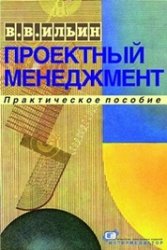 Название: Проектный менеджмент: практическое пособие
Название: Проектный менеджмент: практическое пособиеАвтор: Ильин В.В.
Издательство: Интермедиатор
Год: 2018
Cтраниц: 265
Формат: pdf
Размер: 12 мб
Язык: русский
На основе многолетнего практического опыта по управлению проектами внедрения информационных систем, моделирования и реинжиниринга бизнес-процессов рассмотрены особенности российского проектного менеджмента. Особое внимание уделено технологии и процедуре управления проектами;

